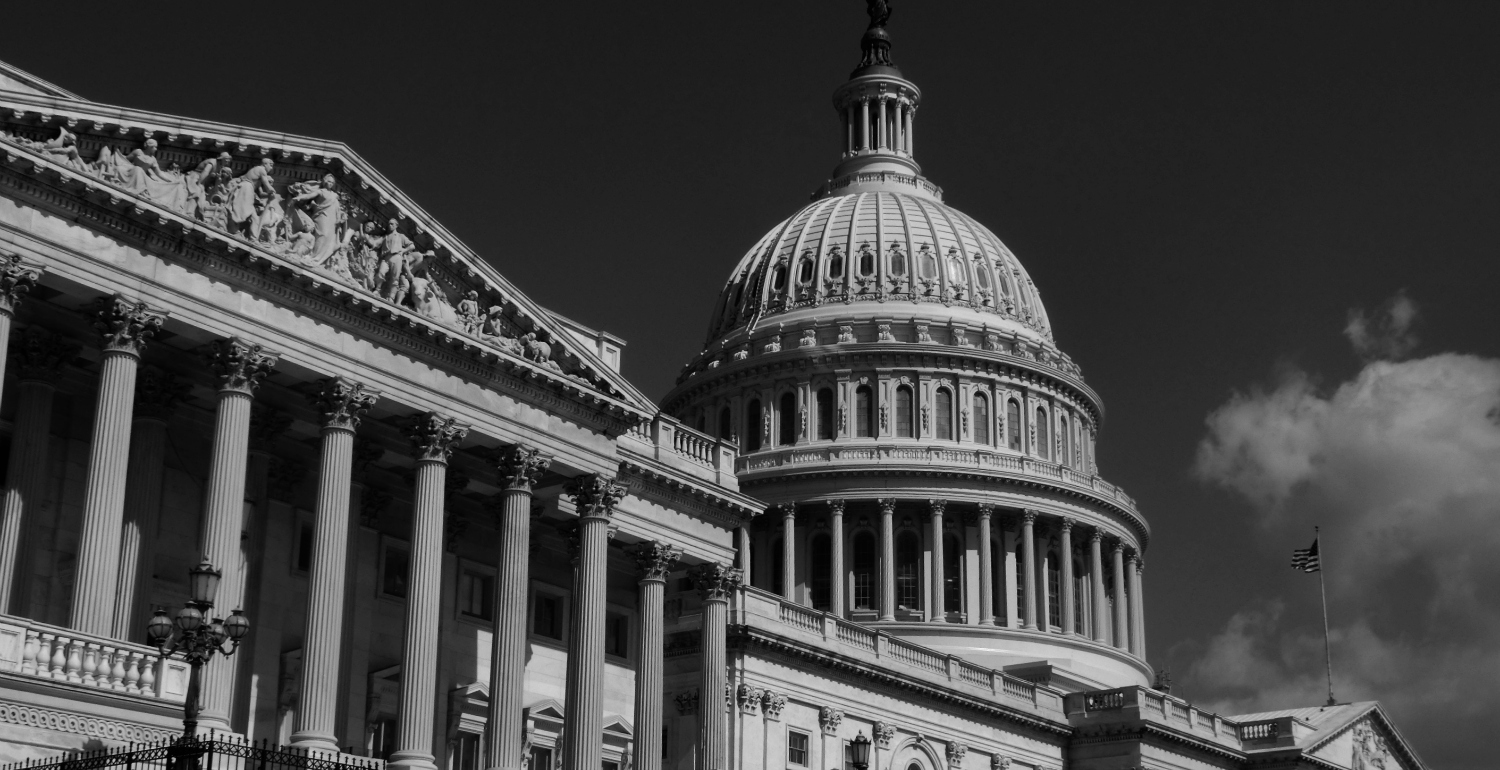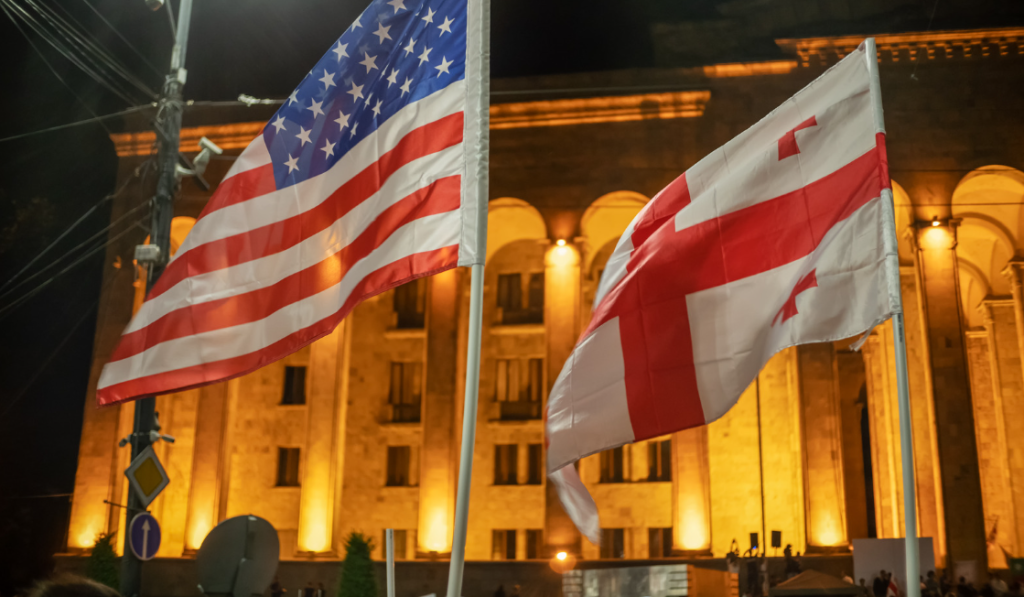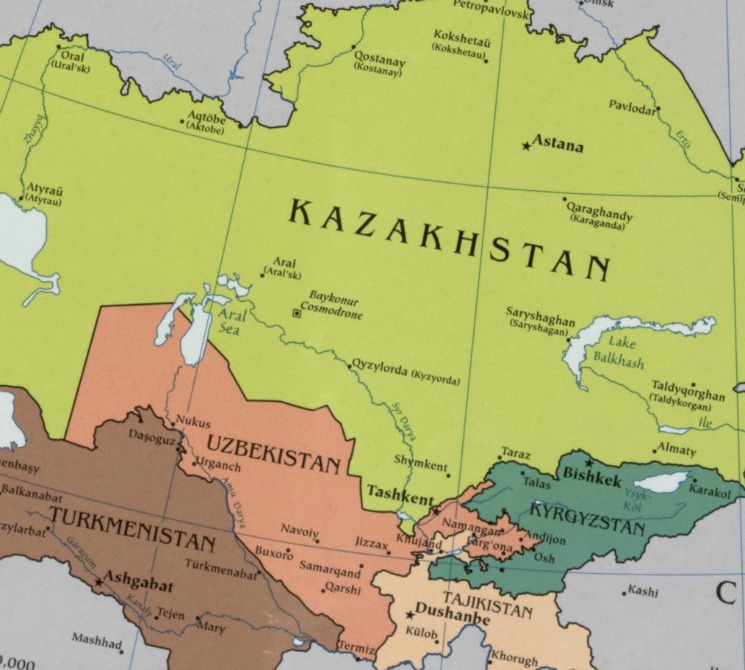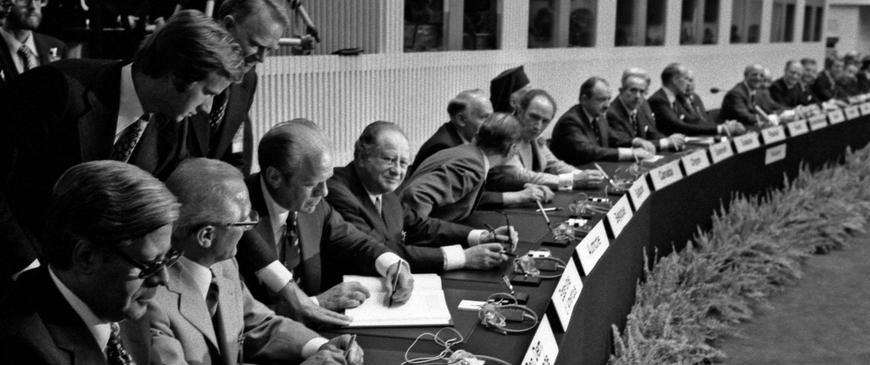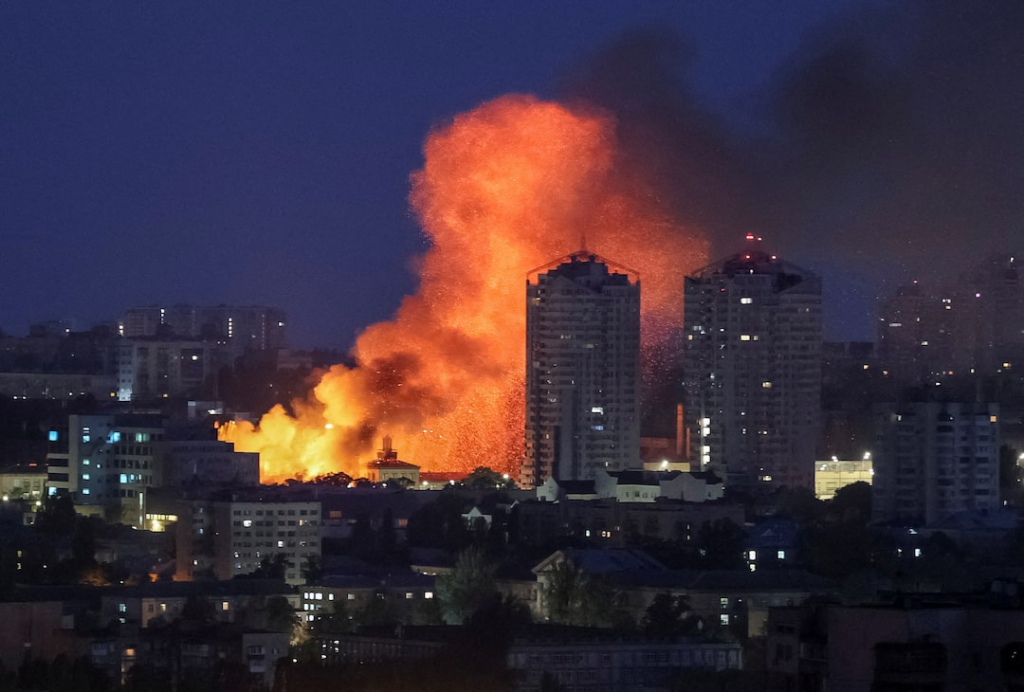WASHINGTON—U.S. Helsinki Commission Chairman Senator Roger Wicker (MS), Co-Chairman Representative Joe Wilson (SC-02), Ranking Member Senator Sheldon Whitehouse (RI), and Ranking Member Representative Steve Cohen (TN-09) this week sent a letter to Secretary of State Rubio and Treasury Secretary Bessent requesting that the United States sanction additional corrupt Russian elites and facilitators of Putin’s crimes in Ukraine, Russia, and elsewhere.
The letter reads:
Dear Secretary Rubio and Secretary Bessent,
In light of the Kremlin’s continued criminal activity inside of Russia and in connection with its unprovoked war on Ukraine, we urge you to impose sanctions on additional corrupt Russian officials and private citizens enabling Vladimir Putin’s abuses by adding them to the U.S. sanctions list.
The individuals named in the attached list from the Anti-Corruption Foundation—an organization established by murdered Russian dissident Alexei Navalny—are connected to Russia’s corrupt network of power and are complicit in gross human rights abuses in Russia and Ukraine. Those who benefit from the bloodshed in Ukraine, and from robbing their own compatriots, should not be allowed to enjoy their ill-gotten gains in the United States, Canada, Australia, and Europe—which is why coordinating sanctions policy with our allies is so essential. Criminal activity by Putin and his inner circle enables violence and facilitates corruption in Russia’s partners like China and Iran and in other regions of importance to the United States.
The United States has already imposed significant sanctions on Russian industrial, finance, and energy sectors, in addition to personal sanctions on specific corrupt actors and facilitators of destruction in Ukraine. The President’s first term endorsement of CAATSA and use of the Global Magnitsky Act to sanction corrupt Russians provides a strong precedent for further use of these tools. Personal sanctions come at a low cost to the United States but are significant deterrents to criminal activity.
We understand that your time is limited, and we are grateful for your work this term to sanction human rights abusers and corrupt officials. The United States has a unique ability to set the global agenda with these sanctions, and, in combination with allies, eliminate criminals’ access to safe havens for dirty money, stopping the further spread of corruption around the world.
We urge you to add these names to the U.S. sanctions list.
Sincerely,
###

